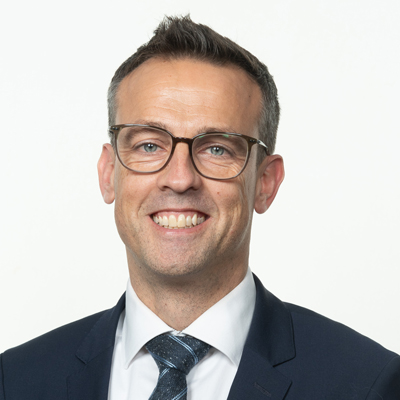A Department for Education advisor on SEND has admitted the reforms are taking “longer than [the sector] hoped” – as government looks to “get its plans right”.
Dame Christine Lenehan, SEND strategic advisor to the DfE, told the Tes SEND show she had “never known” the system “so angry” as it awaits upcoming reforms to be announced by government.
Lenehan and Tom Rees, the government’s inclusion tsar, gave little updates on the long-awaited reforms, set to be announced in the upcoming white paper.
But they did outline what they had learnt in the past year.
Reforms ‘taking a while’
Lenehan said: “Government is taking a while, probably longer than you hoped, to get its plans right. And in the midst of that, there’s a lot of planning, a lot of thinking, a lot of testing, does this work, does that work with what we’re trying to do?”

But she said it has caused a “vacuum of information”, which means “at least two thirds of the stuff that I read is not true”.
Lenehan had previously told Schools Week that officials are considering a shake up of the education, health and care plan system that would likely lead to a narrowing or new structure of support as part of reforms.
But she added: “There is a lot of noise in the system, there is a lot of worry in the system, there’s a lot of anxiety in the system. And so part of my role has been coming back, understanding from parents – but understanding from schools in the system – what are the vital things we have to hold onto?”
‘Growing consensus’ on reform principles
Rees, who who chairs the Department for Education’s expert advisory group for inclusion and is CEO of Ormiston Academies Trust, said there is now a “growing consensus on some of the principles” that should be at the centre of upcoming reform.
“The first is to move from thinking a SEND system as separate system of itself, and see it as a design principle within the main system, to see it as something that should influence the main fundamentals of schooling,” Rees said.

He also said it was important to move from targeted support “that comes as a result of long processes of assessment or even waiting for diagnosis”, to earlier intervention and more mainstream inclusion.
Rees also suggested a reformed system should move away from categorising SEND pupils separately from their peers.
“Lots of what we categorise and we work with in special educational needs is quite usual, and it’s predictable,” he explained, “we should be making sure that schools can respond in the usual, predictable ways”.
Government has promised to set out its reforms in a SEND white paper this term. However, ministers faced huge criticism after it emerged EHCPs were being looked at for reform.
Given the Labour government’s humiliating backtrack on welfare reforms, experts have since warned the SEND changes risk following suit if they solely focus on cutting costs.
But the Institute for Fiscal Studies (IFS) has estimated high-needs spending could rise to £15 billion a year by 2029, and councils’ SEND deficits will swell to £8 billion by 2028, if there is no reform.







Who Will We See? is an educational tool (book) that aligns with multiple EEF Teaching & Learning Toolkit strands:
1. Oral language interventions
2. Reading comprehension strategies
3. Metacognition and self-regulation
4. Collaborative learning approaches
5. Social and emotional learning
6. Parental engagement
7. Feedback (especially oral feedback)
8. Phonics (as part of a balanced early reading approach)
A way to speed up SEND reforms is to implement high quality “All-in-one” approaches, such as ours, instead of a strong of individual interventions.
SEND encompasses a massive umbrella of neurodiversity and other special needs such as dyslexia, dyscalcula, medical needs and so on. The narrative is also each person is individual and what might help one may not help another. There is a huge lack of knowledge and understanding across the board on how to support individuals. In schools staff are not trained – just attending a course where someone talks at you for an hour really doesn’t cut it in my opinion. It’s so frustrating. Practical proven strategies and ‘tool kits’ are needed with live in person mentoring.
Also, many schools, especially those which are not purpose built do not have the space or facilities to provide areas for sensory needs. This is a huge problem.
Teachers are hugely stretched and no-one considers the support staff – the ones on the front line who are the ones working and doing there upmost best to support SEND children will the bare minimum support or expertise- many being recruited will little or no experience. It’s an absolute joke. The staff ie teaching assistants are not invested in professionally with excellent CPD maybe because the system doesn’t want them to be more expert than the actual teachers because you would actually have to pay them a decent salary- and rightly so. Many TAs are left in the firing line of being physically assaulted on a regular basis – because no one has a clue what they are doing!!
So you keep harping on about teachers but SEND children are often spending most of their time with TAs and banished from the classroom because the child is disruptive.
God it’s all so messed up.
Why are we not building state schools with send provision built into the fabric of the building.
I’m ranting….
As a grandparent of a child who was diagnosed with ASD during covid without any assessment ,simply a phone call with mother ,no input from father who had shared care ,I think the whole SEND system needs looking at both as a whole but also on an individual basis for children who I firmly believe were wrongly diagnosed